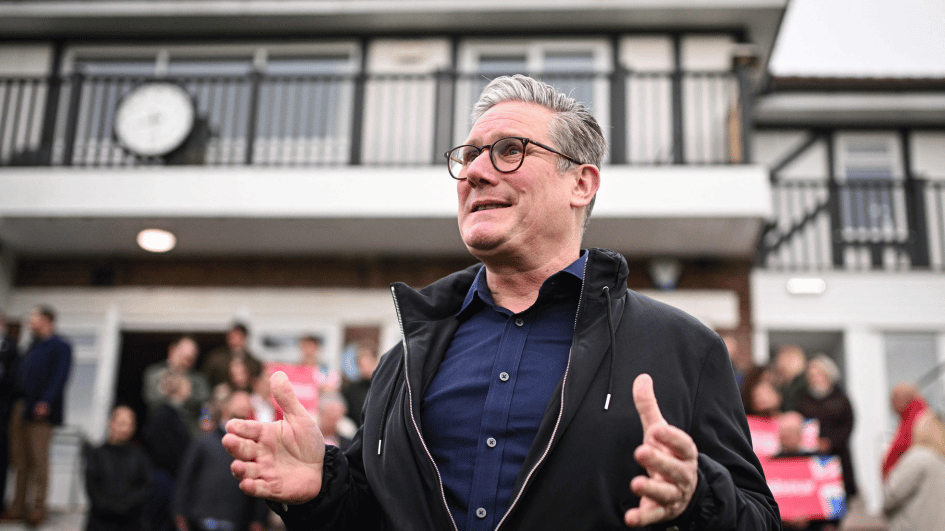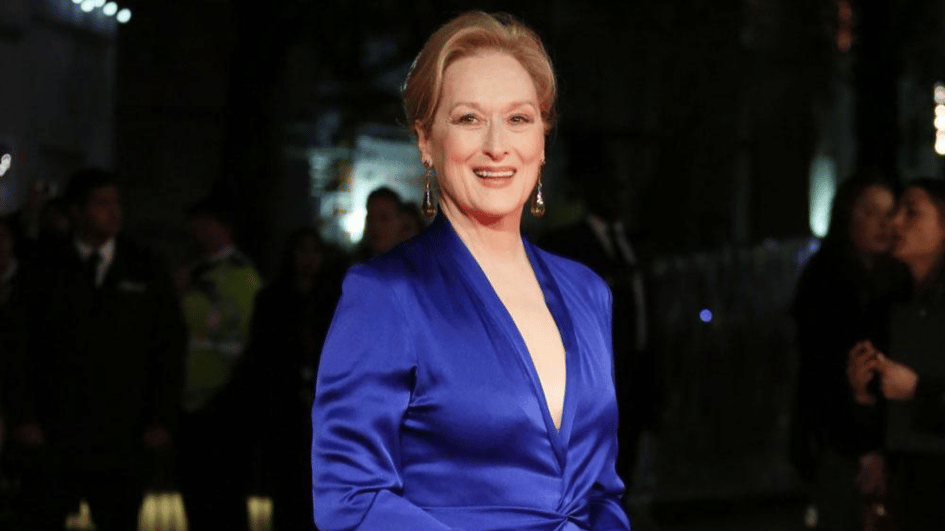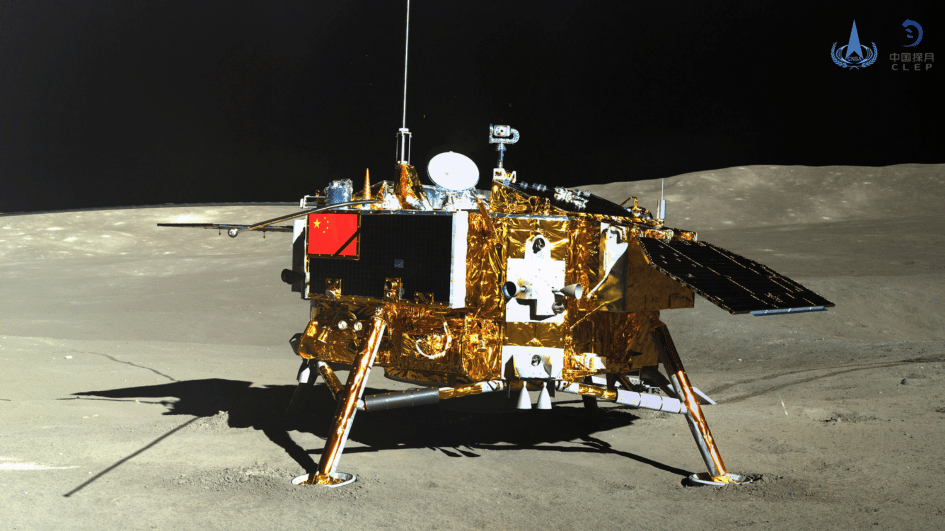The meaning of $100 billion trade with Russia
It looks as if Russian President Vladimir Putin’s one-day visit to Turkey was a very productive one. Apparently, controversial political topics such as Syria were dealt with only lightly, while the focus was especially on increasing and diversifying the trade volume.
While this year’s bilateral trade volume is expected to reach $35 billion, Prime Minister Recep Tayyip Erdoğan said: “This volume will reach $100 billion.”
It is also a fact that trade with Russia does not only mean “trade,” and this target should be studied from a political angle.
Above all else it is clear that Turkey is a NATO country and that Russia still has serious differences of opinion with NATO. Even the debate over the Patriots is interesting because it demonstrates Turkey-NATO-Russia relations.
On one hand, Turkey, within NATO, wants Patriots to be deployed to protect against possible attacks from Syria. On the other hand, Russian President Putin opposes this deployment, saying: “If there is a gun shown in the play, then will definitely be used before the end.” However, he also could not refrain from saying. “The Patriots are old technology missiles.” Behind the incident, though, everybody knows that Turkey wanted to buy Patriots and was granted a loan from the U.S. Eximbank years ago while at the same time demonstrating a contradictory attitude questioning: “Shall we buy Patriots or Russian or Chinese missiles?”
Consequently, because of its position, it is definite that Turkey’s trade with Russia will not be regarded only as trade. For this reason, it should never be forgotten that Turkish-Russian relations are closely monitored by the whole world, especially the West, and particularly by the United States.
Dependency on energy
It is already known that energy dominates Turkey’s current $35 billion in trade with Russia. For the trade volume to reach $100 billion it would mean a serious increase on the energy front.
This means that our dependency on Russia – which we already depend on for natural gas - will further increase. Moreover, it means dependence on Russia in such a critical energy source as nuclear power, and perhaps also starting to form a dependency on oil.
Indeed, Turkey should take steps in consideration of its energy supply security, in other words it should opt for diversifying all its energy sources; however, setting a trade volume goal with Russia of $100 billion does not lead to a relaxed perception from others as “a nice target.” They would not just move on after seeing this target.
It would be naïve to regard the fact that both Prime Minister Erdoğan and Putin used the description “mutually strategic partner” has gone unnoticed.
If an intention lies behind these words - as was once uttered about “making the Shanghai Five, Shanghai Six” - then it means our job will become tougher.
Unless there is a radical fundamental change, we should keep in mind that Turkey falls within the Western alliance as a NATO member, and just as in its political relations, its economic relations will develop depending on this mainstream body.











